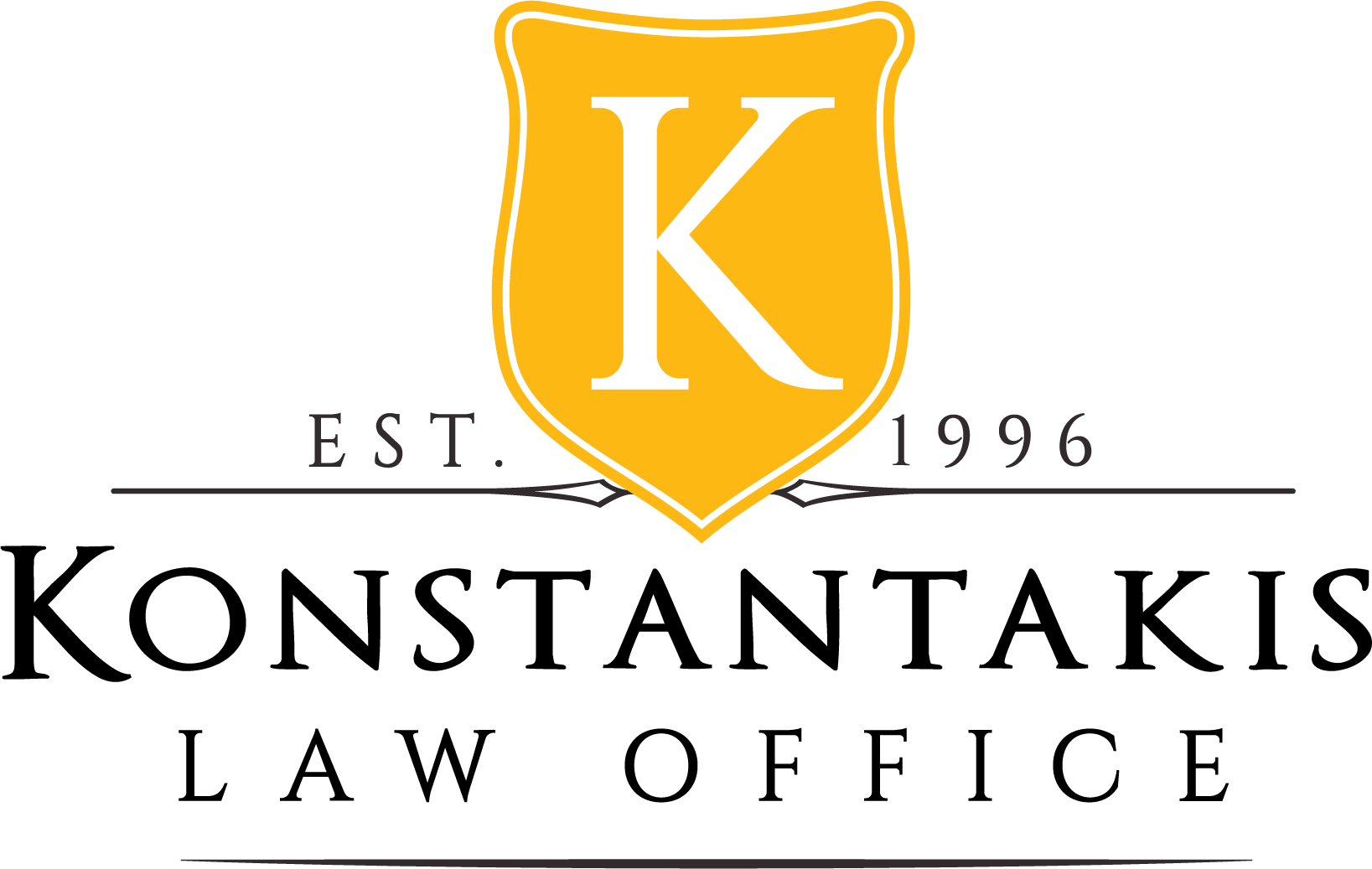Driving under the influence (DUI) is a serious offense in Wisconsin, and the state’s DUI laws are designed to ensure road safety and hold offenders accountable. Understanding these laws is crucial to avoid legal trouble, protect your driving privileges, and keep our roads safer. In this blog post, we’ll demystify Wisconsin’s DUI laws, explaining what you need to know to stay informed and make responsible choices behind the wheel.
Blood Alcohol Concentration (BAC) Limits
Wisconsin, like many other states, employs a blood alcohol concentration (BAC) limit to determine whether a driver is operating a vehicle under the influence. In Wisconsin, the BAC limit is 0.08%. This means that if your BAC is at or above 0.08%, you can be arrested and charged with a DUI.
However, it’s essential to be aware that lower BAC limits apply to certain categories of drivers:
- Commercial Drivers: Commercial vehicle drivers, such as truck drivers, are subject to a stricter BAC limit of 0.04%.
- Underage Drivers: If you’re under the legal drinking age of 21, Wisconsin has a zero-tolerance policy. Any detectable amount of alcohol in your system can result in DUI charges. If you have received a ticket for violating the zero-tolerance policy please contact a local attorney to learn about your local probationary license rules.
Wisconsin also has an implied consent law, which means that by operating a motor vehicle in the state, you automatically consent to chemical testing if law enforcement suspects you of driving under the influence. Refusing to take a chemical test can result in an automatic driver’s license suspension.

Penalties for DUI Convictions
DUI convictions in Wisconsin can result in severe penalties, including fines, license suspension, and even jail time. The specific penalties depend on factors like your BAC level, prior convictions, and whether any aggravating circumstances were present at the time of the arrest.
Here’s an overview of potential penalties for DUI convictions:
1. First Offense: For a first-time DUI offense with a BAC between 0.08% and 0.15%, you could face fines ranging from $150 to $300, and your driver’s license may be suspended for up to nine months. If your BAC is 0.15% or higher, the penalties increase, and an ignition interlock device (IID) may be required.
2. Second Offense: A second DUI offense within ten years of the first carries stiffer penalties. You may face fines between $350 and $1,100, a license suspension of 12 to 18 months, and potential jail time.
3. Third Offense: A third DUI offense within ten years is a felony in Wisconsin. Penalties can include fines up to $2,000, a minimum 45-day jail sentence, and a license revocation of 2 to 3 years.
4. Fourth Offense and Beyond: Fourth and subsequent DUI offenses are also felonies, with even more severe penalties, including significant fines, lengthy jail sentences, and longer license revocations.
Ignition Interlock Devices (IIDs)

In Wisconsin, the use of ignition interlock devices (IIDs) is becoming more common, especially for repeat DUI offenders and those with high BAC levels. An IID is a breathalyzer device installed in your vehicle that requires you to blow into it before you can start the car. If alcohol is detected on your breath, the car won’t start.
IIDs are often mandated as part of probation for DUI offenders. They are a preventative measure designed to reduce the risk of repeat offenses and enhance road safety.
Criminal Record
A DUI conviction will result in a criminal record, which can have long-lasting consequences. This record can affect your ability to find employment, obtain housing, or secure loans in the future.
Insurance Premiums
Your auto insurance premiums are likely to skyrocket after a DUI conviction. Insurance companies view DUI convictions as a high-risk factor, and you may face substantial increases in your rates, or even have your policy canceled altogether.
Personal and Professional Consequences
Reputation
A DUI conviction can tarnish your personal and professional reputation. Friends, family, and colleagues may view you differently, and it can be challenging to regain their trust.
Employment
Certain professions, such as commercial truck driving or jobs requiring security clearance, may be off-limits for individuals with a DUI conviction. Many employers conduct background checks and may be hesitant to hire someone with a criminal record.
Education
If you are a student, a DUI conviction can affect your eligibility for financial aid and scholarships. It may also lead to disciplinary actions from your educational institution.
Conclusion
Wisconsin’s DUI laws are in place to protect the public from the dangers of impaired driving. It’s crucial to understand the legal limits, potential consequences, and the importance of responsible decision-making when it comes to alcohol consumption and driving. If you find yourself facing DUI charges, it’s advisable to consult with an experienced attorney who can guide you through the legal process and help you make informed choices to protect your rights and future. Ultimately, the key to avoiding DUI-related issues is simple: if you plan to drink, don’t drive. Use alternative transportation options or designate a sober driver to ensure the safety of yourself and others on the road.




